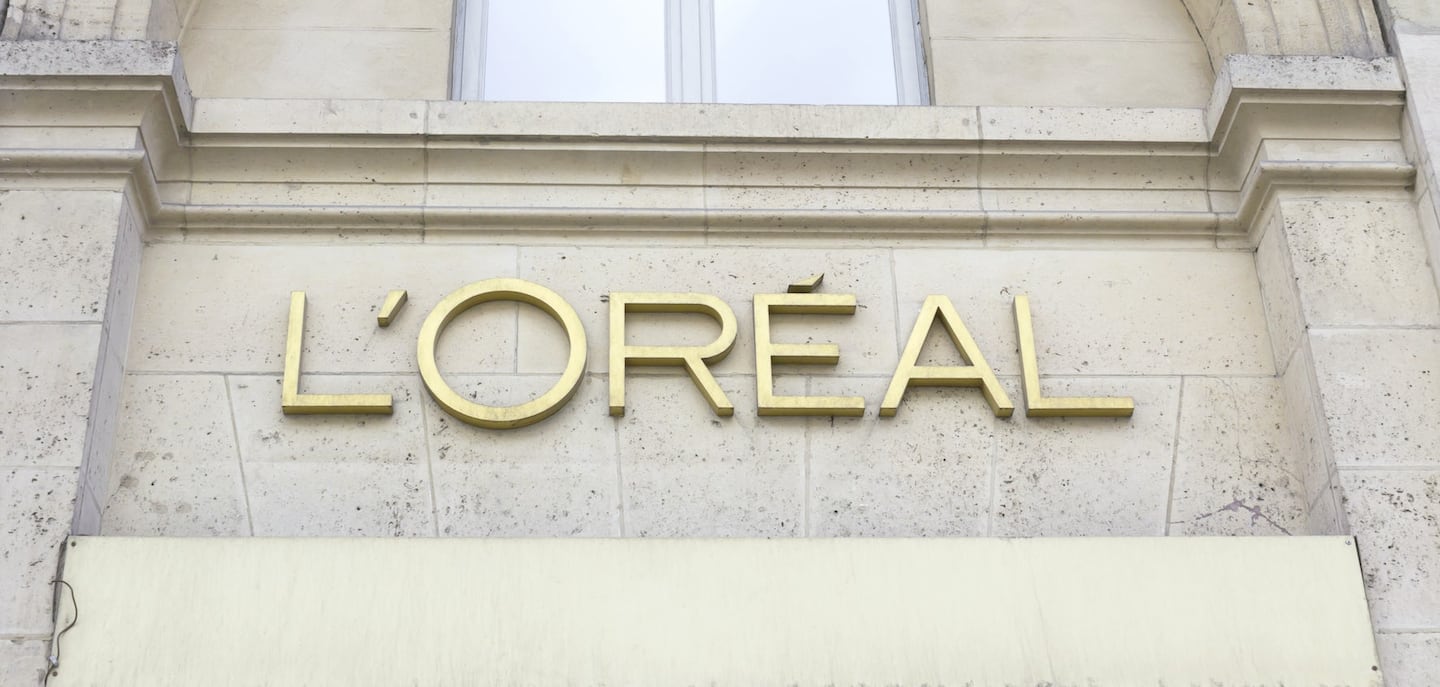
The Business of Fashion
Agenda-setting intelligence, analysis and advice for the global fashion community.

Agenda-setting intelligence, analysis and advice for the global fashion community.

PARIS, France — L'Oréal SA is setting itself up to capitalise on the forgotten half of China's cosmetics market: men.
L'Oréal China, an arm of the Paris-based beauty company, is teaming with Alibaba Group Holding Ltd.'s Tmall to focus on China's male-grooming industry, according to a statement Friday. The maker of Maybelline this week launched a flagship store on the internet platform for House99, the brand founded by soccer star David Beckham to sell high-end face cream, pomade and beard oil. The two companies are also co-hosting a pop-up store in Hangzhou, where Alibaba is based.
Cosmetics makers and other consumer companies have been targeting Chinese women over the past few years, pursuing an increasingly affluent and savvy middle class that’s ready to spend on beauty and luxury. At the same time, they’re discovering huge potential among the country’s males.
Online sales of men’s grooming products have increased by more than 50 percent in each of the past two years, and 62 percent of males between the ages of 15 and 50 said they used male-specific facial-skin-care products last year, according to a white paper developed by Tmall and L’Oreal.
By Daniela Wei; editors: K. Oanh Ha, John Lauerman, John J. Edwards III.
How not to look tired? Make money.
In a rare video this week, the mega-singer responded to sceptics and gave the public a look at what her beauty founder personality might be.
Request your invitation to attend our annual gathering for leaders shaping the global beauty and wellness industry.
Excitement for its IPO is building, but in order to realise its ambitions, more acquisitions and operational expenses might be required.